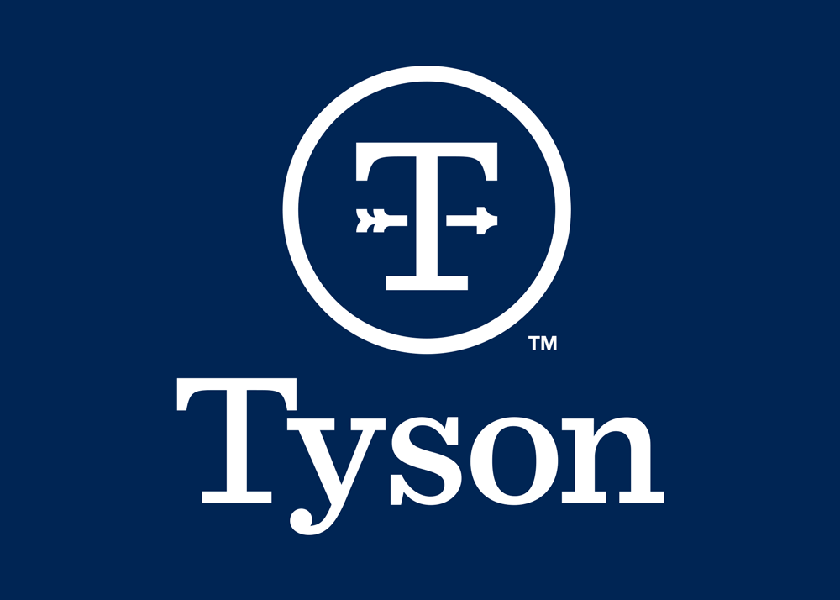New Program Assesses Tyson Foods’ COVID-19 Risk Mitigation Efforts

Tyson Foods, Inc., is piloting a new Matrix Medical Network (Matrix) program that assesses, addresses, verifies and monitors the effectiveness of Tyson’s efforts to protect its workforce from COVID-19.
More than a dozen Tyson Foods plant locations, including some of the company’s largest facilities, are participating, according to a company release. Six have already received safety verification and seven more are in the process of being assessed.
The program was developed in collaboration with Cleveland Clinic, one of the nation’s largest health systems. Its purpose is to help verify and monitor that businesses are taking appropriate measures to minimize the risk of COVID-19 transmission.
In order to evaluate businesses, the program takes a multi-disciplinary approach to workplace safety verification that includes:
• On-site assessments based on the latest guidelines from the CDC, OSHA and state regulations
• Best-in-class protocols based on the well-established clinical and industry expertise of Cleveland Clinic and Matrix
• Actionable recommendations to address identified health and safety gaps
• Ongoing updates on evolving COVID-19 guidance and regulations
"Matrix has been working closely with Tyson since the beginning of the pandemic setting up mobile health clinics, conducting risk assessments, and collaborating with the company on testing strategies,” Matrix Chief Medical Officer Daniel Castillo, M.D., said in a release. “The new certification program brings together the Matrix risk assessment and COVID-19 experience and the deep clinical expertise of Cleveland Clinic to establish and sustain healthy, safe, and productive workplaces for Tyson employees.”
Not only does the certification assess people, but it also evaluates processes and structure, the release noted. Ranging from analysis of workplace policies and procedures to analysis of areas where people gather, including density, traffic flow, ventilation and physical proximity.
A safety verification seal indicating alignment to certification standards, once granted, is issued for a year and includes another on-site assessment after six months to ensure continued compliance with current guidelines, the release said.
During fiscal 2020, Tyson invested $540 million to transform its U.S. facilities with protective measures, including walk-through temperature scanners, workstation dividers, social distance monitors and always-on testing among others. Tyson Foods also expanded its health services staff, added a chief medical officer and has plans to pilot health clinics for team members and their families early this year, the release said.
Read more:
COVID-19 Case Rates Still Lower in Packing Plants Than General Population
COVID-19 Case Rates in Packing Plants Decline as General Population Rate Soars
Worker Absenteeism in Packing Plants is No Surprise
CDC Prioritizes Frontline Meat Workers for COVID-19 Vaccination







